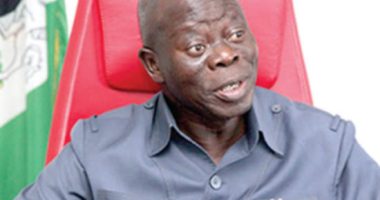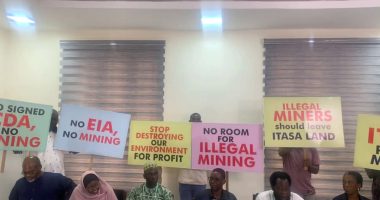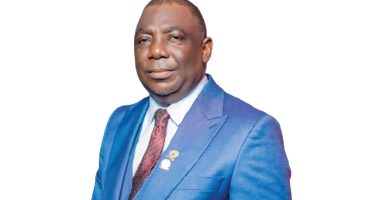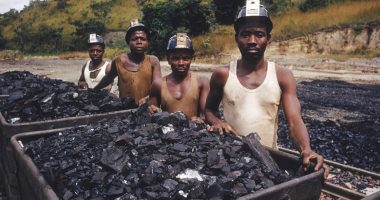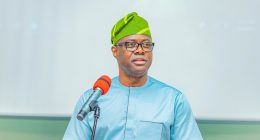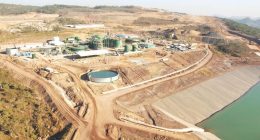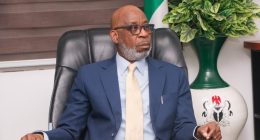President Bola Ahmed Tinubu has warned of the serious consequences Africa faces due to its long-standing role as a supplier of raw minerals to other continents, a practice that has continued to impoverish the continent and hinder its development.
Speaking at the African Minerals Strategy Group (AMSG) meeting held alongside the 79th Session of the United Nations General Assembly in New York, Tinubu, represented by Vice President Kashim Shettima, noted that while Africa possesses vast mineral reserves—92% of the world’s platinum, 56% of cobalt, and 54% of manganese—these resources are mostly extracted and exported for refining and manufacturing elsewhere.
The president highlighted the urgent need for Africa to break free from this dependency. He stressed that exporting raw minerals without local processing deepens Africa’s underdevelopment and exacerbates its economic struggles.

“A situation in which the raw minerals are extracted from our countries, exported, refined, and sold to us as finished products merely consolidates the foundations of our misery and pushes us further down the depths of underdevelopment,” Tinubu stated.
In his address titled “Africa’s Natural Resources Shaping the Future,” Tinubu explained how the current model of resource extraction leaves the continent vulnerable to external markets, forcing African nations to repurchase finished goods at inflated prices. He urged African countries to prioritise local value addition to fuel industrialisation and sustainable economic growth.
On the rise of lithium-ion technology, Tinubu acknowledged that this development has driven the rapid production of portable consumer electronics, including laptops, phones, and electric vehicles. “We live in a world of electronic mobility,” he said, “in which lithium-powered batteries provide higher specific energy, higher energy density, higher energy efficiency, longer cycle life, and longer calendar life.”
“The global need for new battery technology has triggered a new scramble for Africa’s critical minerals,” Tinubu continued, noting that Africa holds significant reserves of the minerals crucial for battery manufacturing. “In short, the world needs Africa today more than ever.”

The president also underscored the need for Africa to go beyond the historical exploitation of its resources, advocating for the entire mineral value chain to be localised within the continent. He affirmed his administration’s commitment to adding local value to Nigeria’s mineral resources, in alignment with the vision of AMSG, chaired by Nigeria’s Minister of Solid Minerals Development, Mr. Dele Alake.
Tinubu pointed out that Nigeria’s success in its $10 billion telecoms market demonstrates the country’s growth potential. He invited companies involved in mineral extraction and production of lithium batteries and related components to establish operations in Nigeria, where the entire value chain could be developed domestically.
Alake, speaking in his capacity as AMSG Chairman, outlined the group’s vision for transforming Africa’s mining industry through local value addition and industrialisation. He criticised the traditional model of mineral extraction, where raw materials are exported for processing, resulting in lost economic opportunities for Africa.
“We are moving from commercialisation to industrialisation. By processing and manufacturing raw minerals into finished goods, we can increase employment, reduce our reliance on imports, and ultimately raise the contribution of the solid minerals sector to our GDP,” Alake said.
Alake also acknowledged the developmental challenges facing the continent, but emphasised that Africa’s natural wealth, if properly utilised, could lead to prosperity.
General Secretary of AMSG, Mr. Moses Engadu, called for a new vision and the political will among African leaders to ensure that value addition becomes a non-negotiable condition for granting mineral licenses to investors. He urged African governments to ensure that mineral extraction is done in ways that benefit their people, reduce poverty, and create wealth across the continent.
The roundtable was attended by representatives of investors, development partners, multilateral institutions, and major financial institutions.





